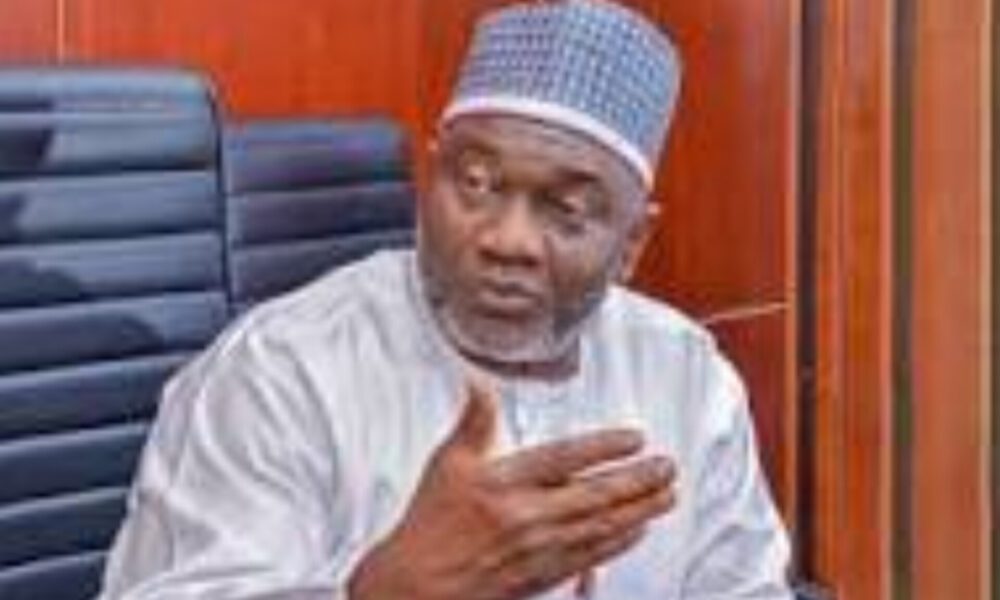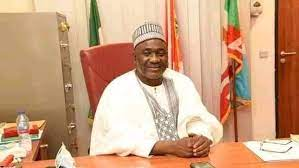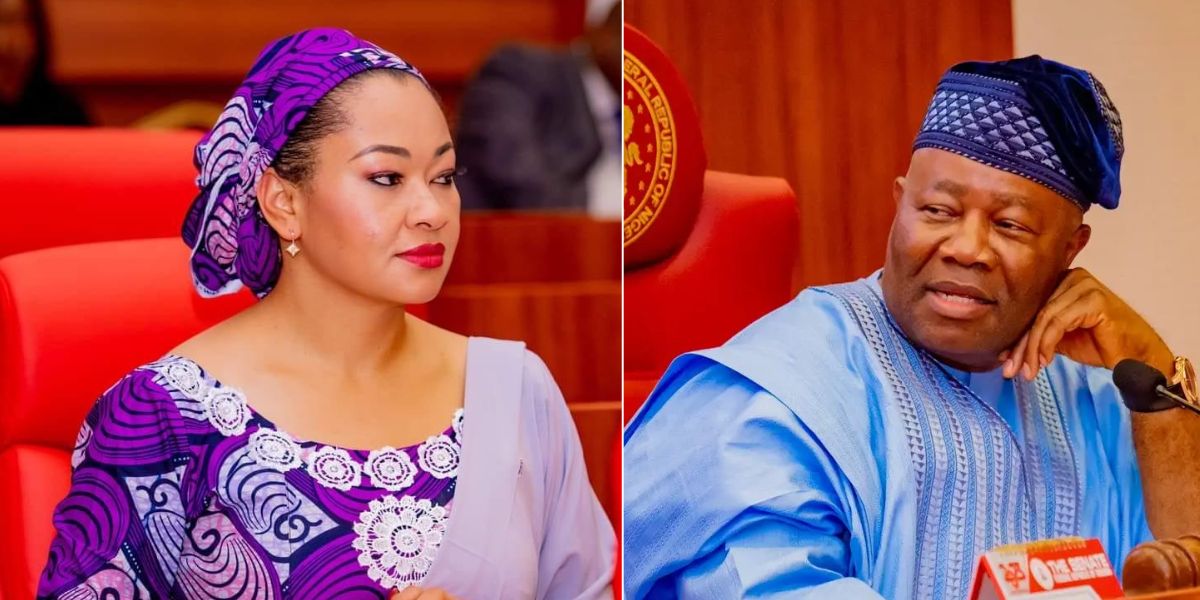Senator representing Kogi East, Isah Jibrin Echocho has voiced significant concerns about the growing burden of Nigeria’s debt as outlined in President Bola Ahmed Tinubu’s 2025 budget.
While Echocho acknowledged the budget’s strategic focus on critical areas like security, infrastructure, and human capital development, he cautioned that the substantial allocation for debt servicing could hinder the country’s long-term fiscal sustainability.
One of the most pressing concerns raised by Senator Echocho was the allocation of over 15% of the 2025 budget to debt servicing.
Echocho warned that this level of expenditure on debt repayment is unsustainable and could deepen Nigeria’s financial woes in the future. “This is a critical issue because it raises fundamental questions about the sustainability of our debt levels,” he said.
The senator emphasized that while the budget aims to address key areas like security and infrastructure, the heavy reliance on borrowing may exacerbate the country’s debt challenges.
Echocho further stressed the need for Nigeria to ramp up efforts to improve revenue generation, highlighting that without enhancing the performance of revenue-generating agencies, the country could continue facing fiscal shortfalls. “To manage this deficit, we must focus on enhancing the performance of our revenue-generating agencies,” he stated, underlining that improving tax collection and reducing reliance on borrowed funds are crucial steps in ensuring Nigeria’s financial stability.
“The 2025 budget, like the 2024 budget, is expected to run at a deficit. The heavy burden of debt servicing, coupled with the reliance on borrowing to fund the budget, has led to concerns about the country’s ability to manage its fiscal policy effectively.’ Senator Echocho pointed out that while the government has ambitious plans for economic growth, achieving this while managing the deficit and debt will require robust fiscal reforms and strategic planning.

“The road ahead is challenging, but with the right policies and effective execution, we can achieve a more stable and prosperous future for Nigeria,” Echocho concluded, stressing the importance of balancing growth initiatives with fiscal responsibility.
Another point of concern for Echocho was the delayed presentation of the 2025 budget. He attributed the delay to the government’s inability to fully execute projects from the 2024 budget, leading to a rollover of some projects into the new budget cycle. Despite this setback, Echocho expressed optimism that the budget would be finalized by the end of January, allowing for its timely implementation.
“We ideally aim for a January to December budget cycle, but due to unforeseen circumstances, we will make necessary adjustments,” Echocho explained, emphasizing that the government remains committed to ensuring that the budget is passed promptly despite the challenges faced.
While Senator Echocho recognized the strategic focus of the 2025 budget on tackling Nigeria’s security, infrastructure, and human capital development needs, he raised concerns about the country’s growing debt burden and the long-term sustainability of its fiscal path. He called for urgent reforms in revenue generation and emphasized the importance of responsible fiscal management to avoid a cycle of increasing debt.
Echocho’s remarks highlighted the delicate balance Nigeria must strike between investing in critical sectors for growth and ensuring that fiscal responsibility is maintained to avoid further escalation of the country’s debt challenges.
Senator Seriake Dickson Comments on 2025 Budget: Optimistic but Calls for Caution




